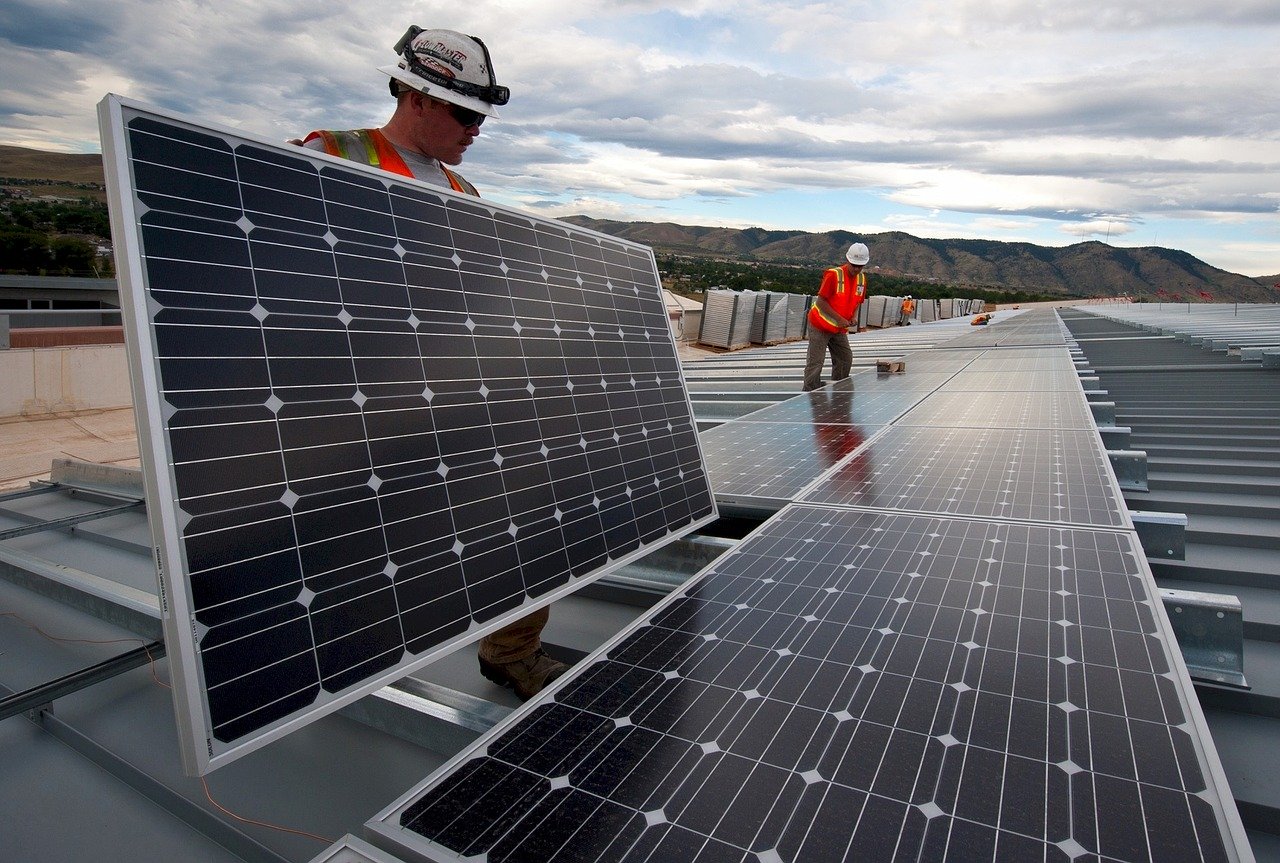1738 results found
Featured results



More results
This transport sector assessment of Georgia is a working document that helps inform the development of country partnership strategy.

The efficient movement of goods and people provides Central Asia with the tools for sustainable economic growth, according to the Central Asia Regional Economic Cooperation (CAREC) Transport and Trade Facilitation Strategy 2020.

The primary objective of this Technical Note is to provide guidance to utility companies either for improving the operations-phase implementation of a current environmental management system or for developing a system.

Mexico grew its wind energy installed capacity to c. 2000MW, generating USD 12B in investments and spillover effects on the local value chain
The Mexican government sought to increase its wind energy production and reduce its reliance on fossil fuels. The Mexican government set a goal of reducing the country's greenhouse gas emissions by 50% by 2020
Thailand's greenhouse gas emissions grew by c. 70 percent between 2000 and 2010, leading to environmental concerns
This book reviews the infrastructure development in Thailand and Korea

This report analyses the school design requirements in force in LAC countries.

This publication illustrates key Disaster Risk Management concepts and reviews DRM in the school systems of six LAC countries.

This publication reports the findings of a 2014 summit on the challenges of urbanization in Latin America and China.

The RPAT provides a standardised tool to evaluate project risk for public spending proposals.

The Belgian government sought to improve mobility around its port district by relieving congestion that delayed tourists and freight
The 3PA consists of three pillars each of which represents a key dimension of quality project assessment providing a clear framework within which project proposals can be evaluated.

This toolkit provides a practical approach to the management of projects. The Programme and Project Management (PPM) Toolkit is designed to simplify the processes required to manage a project successfully from beginning to end.

This publication illustartes the EIB's framework for assessing, managing and monitoring environmental and social impacts and risks associated with its operations.

This toolkit is a resource designed to assist practitioners working on the next generation of PSP contracts for smaller water projects.

This report undertaken by the World Bank Water & Sanitation Program has two objectives (a) Providing guidance/recommendations concerning the reform proposals of state owned enterprises operating in the field of water supply and urban sanitation and (b) Providing guidance/recommendations concerning economic management options for service providers.

This section of the report aims to provide an analysis and propose specific technical plans for investment in the Juba distribution network to carry out emergency upgrades (as a short term measure) and to enable it to absorb possible power that is foreseen to be delivered from possible increase in supply (such as, through the Fula Rapids HPP).

The report provides policy and regulatory options for increasing effective use of existing fixed and mobile infrastructure as well as alternative infrastructure networks such as power grids and railroads.

The Appraisal and Approval of Publicly Funded Schemes and Projects provides a systematic process to be followed for the formulation, appraisal and approval of publicly funded schemes and projects.

These guidelines were circulated by the MoF in November 2014 to promote and apply the private-public partnership (PPP) model in a standard manner. The guidelines apply to regulating activities.






